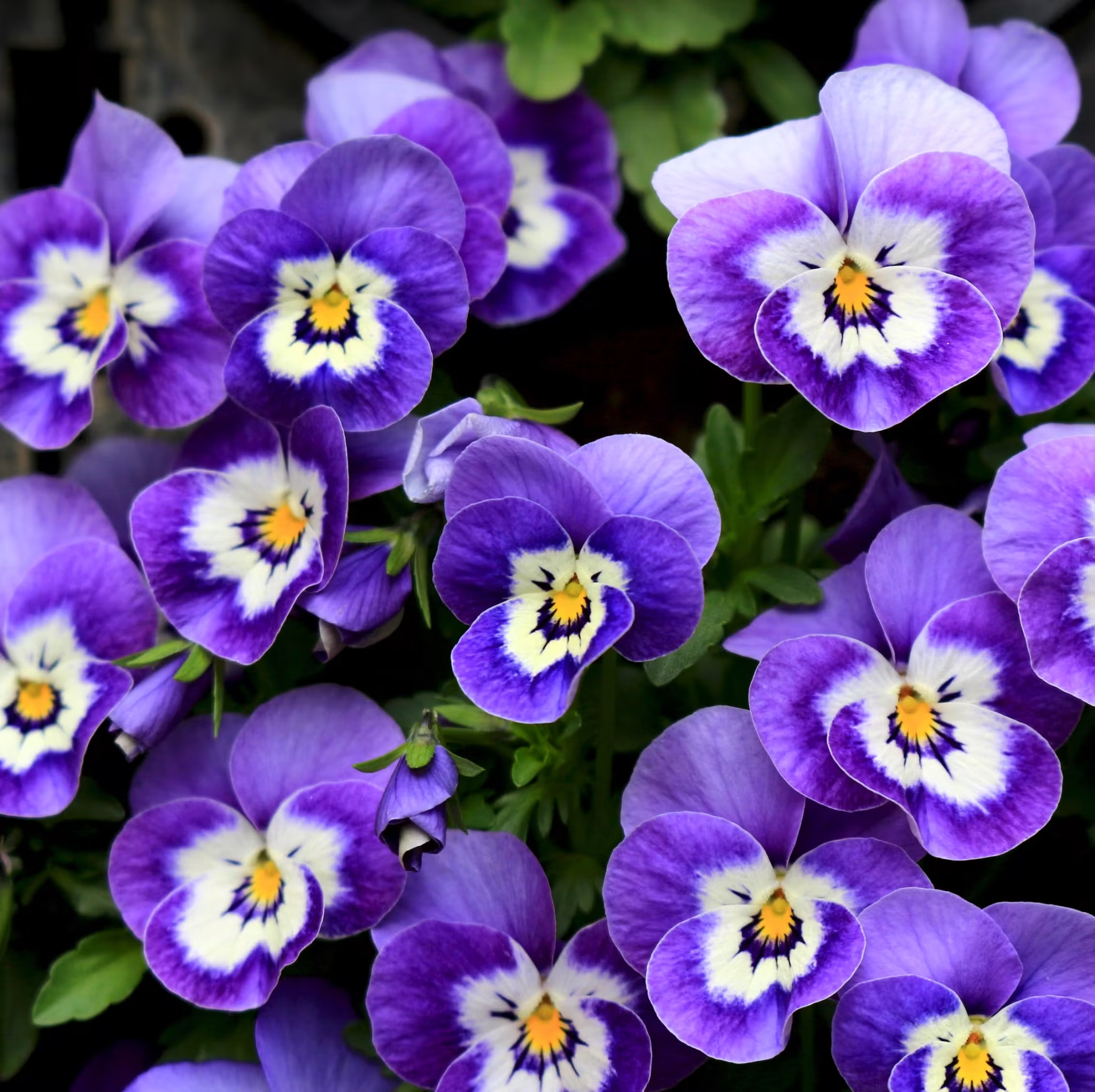July 28, 2025
In-home Care
Winter Gardening Made Easy

When the air gets crisp and the days grow shorter, gardening often slips to the bottom of the to-do list. But here’s a little secret—winter is actually a great time to get your hands in the soil.
Whether you’re an experienced gardener or simply curious to give it a go, winter gardening offers a calm, rewarding way to stay connected to nature. And for people with disability or those receiving aged care or respite care, it’s a gentle and joyful activity that fits perfectly into daily routines.
What Grows Best in the Cold?
Some plants love the chill. If you’re wondering what you can grow in winter, here are a few easy and resilient options:
🌿 Silverbeet (Swiss Chard)
This colourful green not only adds vibrancy to your garden but is packed with nutrients. It’s hardy, low-maintenance, and grows well in raised beds or garden patches with compost-rich soil.


🌱 Broad Beans
Broad beans are ideal for winter planting. They enrich the soil with nitrogen and offer a great source of plant-based protein—perfect for hearty stews and warming soups.
🌼 Winter Pansies
These cheerful little flowers brighten up even the dullest days. They’re ideal for small balconies, windowsills, or garden borders, requiring little more than a pot, some soil, and sunlight.

Why Winter Gardening Is Good for the Soul (and Your Health!)
Gardening is more than just a hobby. Especially during winter, it can play a role in enhancing personal care and mental health.
Here’s why:
Fresh Air & Gentle Movement: Tending to a garden encourages light physical activity and outdoor time, even in the cooler months.
Mental Clarity: Focusing on small gardening tasks can reduce stress, anxiety, and even help with emotional regulation.
A Sense of Routine: For people receiving home support or living with disability, a daily or weekly gardening schedule brings structure and purpose.
Connection to Nature: The simple act of planting, watering, and watching things grow helps keep spirits high.
Many people under the National Disability Insurance Scheme (NDIS) or accessing aged care services discover that winter gardening becomes their favourite way to unwind and stay active.
Tips to Keep Your Greens Happy in Winter
Not sure where to start? These practical tips can help make winter gardening easier and more enjoyable:
Find a Sunny Spot
North-facing areas catch the most light—perfect for winter growth.
Prep the Soil
Mix in compost or natural fertiliser to give your plants a healthy foundation.
Use Mulch
Keep soil warmer and reduce water evaporation.
Watch for Pests
Slugs and snails can be an issue, but natural deterrents like crushed eggshells or pet-safe pellets work well.
Water Carefully
Your garden still needs hydration—but overwatering in winter is a common mistake.
Need a Hand in the Garden?
Winter gardening doesn’t have to be a solo effort. If you’re receiving personal care, respite care, or other home support through the disability gateway or aged care services, you might be surprised at how easily gardening can be included in your routine.
Support workers can assist with tasks like:
Setting up garden beds or pots
Planting seeds and herbs
Light garden maintenance
Encouraging you to stay active and involved
Even if you’ve never gardened before, with the right support, it’s never too late to start.
Bringing Joy to Your Daily Routine
At Abled Care and Nursing Services, we believe in turning small activities into meaningful moments. Our team supports people with disability and older Australians through tailored care that fits their interests and lifestyle—including gardening.
In our Supported Independent Living (SIL) homes in Gosford, residents often enjoy growing herbs, vegetables, or flowers as part of their daily life. It’s more than just a garden—it’s a space to connect, relax, and grow.
From home support to help with light gardening tasks, our services are shaped around what brings you joy and independence.

Final Thoughts
Whether you’re planting your first pansy or harvesting homegrown silverbeet, winter is full of gardening possibilities. And the benefits? They go far beyond the garden bed.
Need a little extra support to make gardening part of your day? We’re here to help you live more independently—doing the things you love.
Let’s grow something beautiful this winter. 🌿






